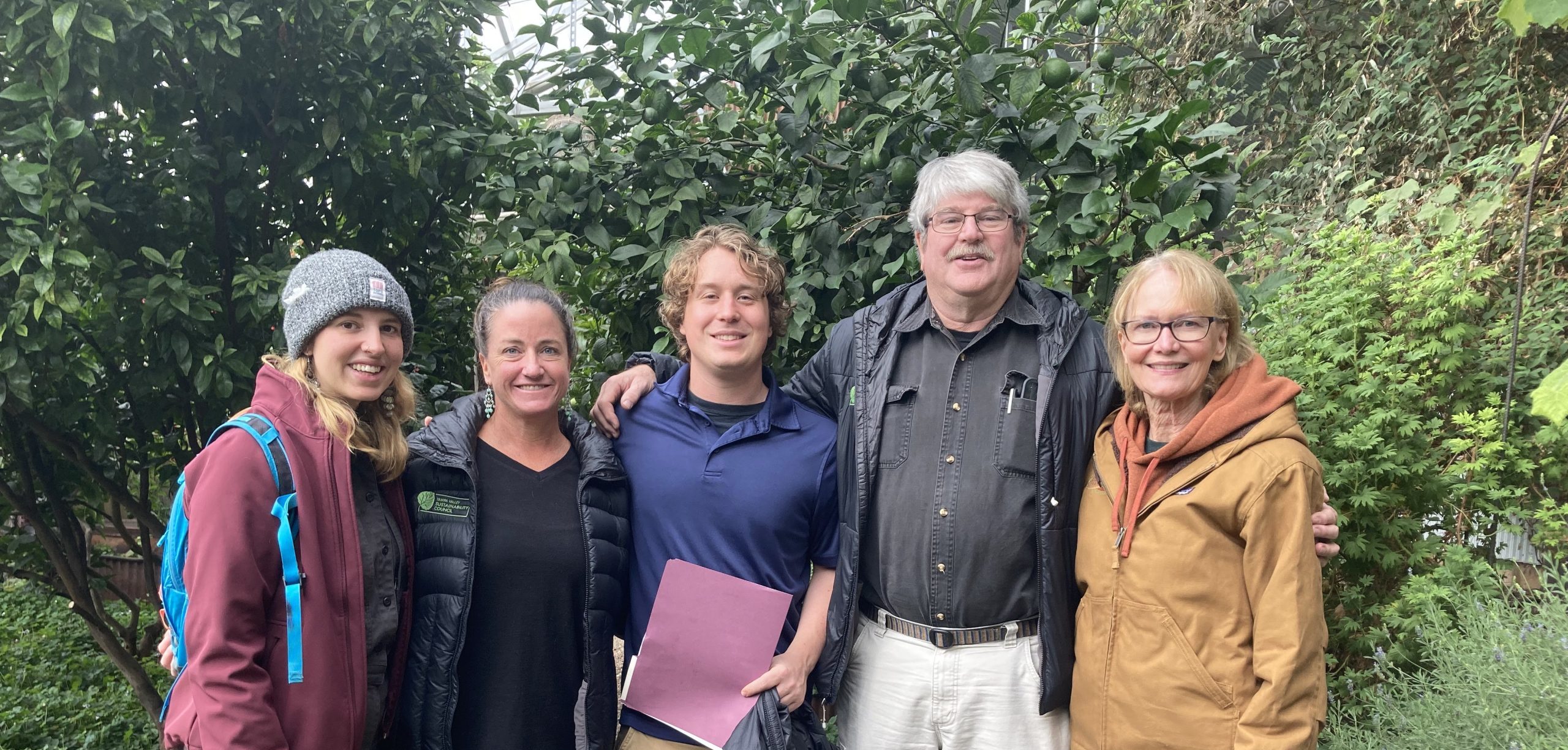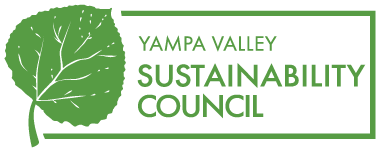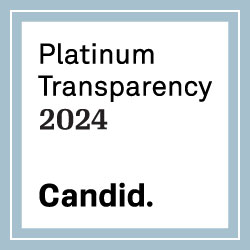OCTOBER 4, 2017 BY
Article adapted from Steamboat Today
Household hazardous wastes , or HHW, are common household products such as cleaners, paints, car products, and pesticides that may be hazardous to you, children, pets and the environment. Words such as danger, warning, caution, poisonous and flammable on the labels can mean a product is toxic. Do not put such materials in garbage cans or storm drains.
The following information can help you determine the best ways to reduce, recycle or dispose of common household products that may contain hazardous ingredients.
Reduce
Consider reducing your purchase of products that contain hazardous ingredients. Read labels and learn about the use of alternative methods or products, without hazardous ingredients, for some common household needs.
To avoid the potential risks associated with HHW, it is important that you monitor the use and storage of potentially hazardous substances in your home. The following are tips to help.
- Use and store products containing hazardous substances carefully to prevent any accidents at home. Never store hazardous products in food containers; keep them in their original containers and never remove labels.
- When leftovers remain, never mix HHW with other products. Incompatible products might react, ignite or explode, and contaminated HHW might become unrecyclable.
- Remember to follow any instructions for use and disposal provided on product labels.
Recycle
In Routt County, properly disposing of HHW takes a little more work since there is no year-round regional collection center for all hazardous waste materials. However, some of these items can be properly recycled year-round at various local businesses, ranging from antifreeze and used motor oil at Napa; to fluorescent lights and tubes at the Steamboat Yampa Valley Electric Association office; and paints at Ace Hardware and Sherwin-Williams. A longer list of locations to dispose of hard-to-recycle items can be found on YVSC’s website at yvsc.org/a-zrecycleguide.
Dispose
Routt County Department of Environmental Health is partnering with YVSC to collect HHW as part of our Community Recycling Drop-off. For a full list of HHW accepted and associated fees, visit yvsc.org/community-recycling-day.
How should you prepare your HHW for collection?
- Bring the items to dispose of in a sturdy box preferably in their original containers. All containers must be labeled or they will not be accepted.
- DO not mix products together.
- Be prepared to leave containers. Because of permitting requirements and the volume of people that utilize the program, items such as gasoline cans will not be returned.
- It is illegal to transport more than 15 gallons or 125 pounds of hazardous waste in your personal vehicle.






